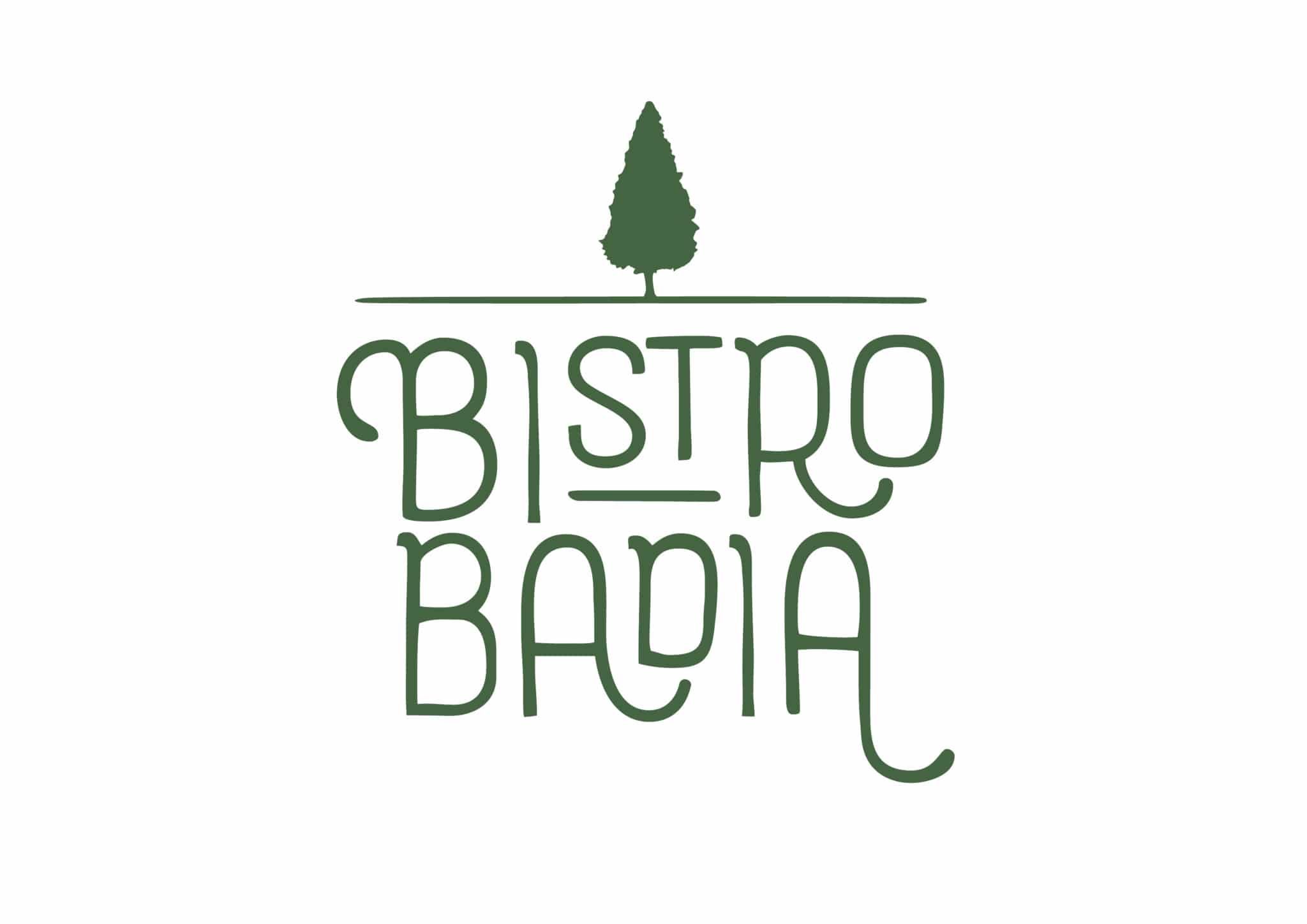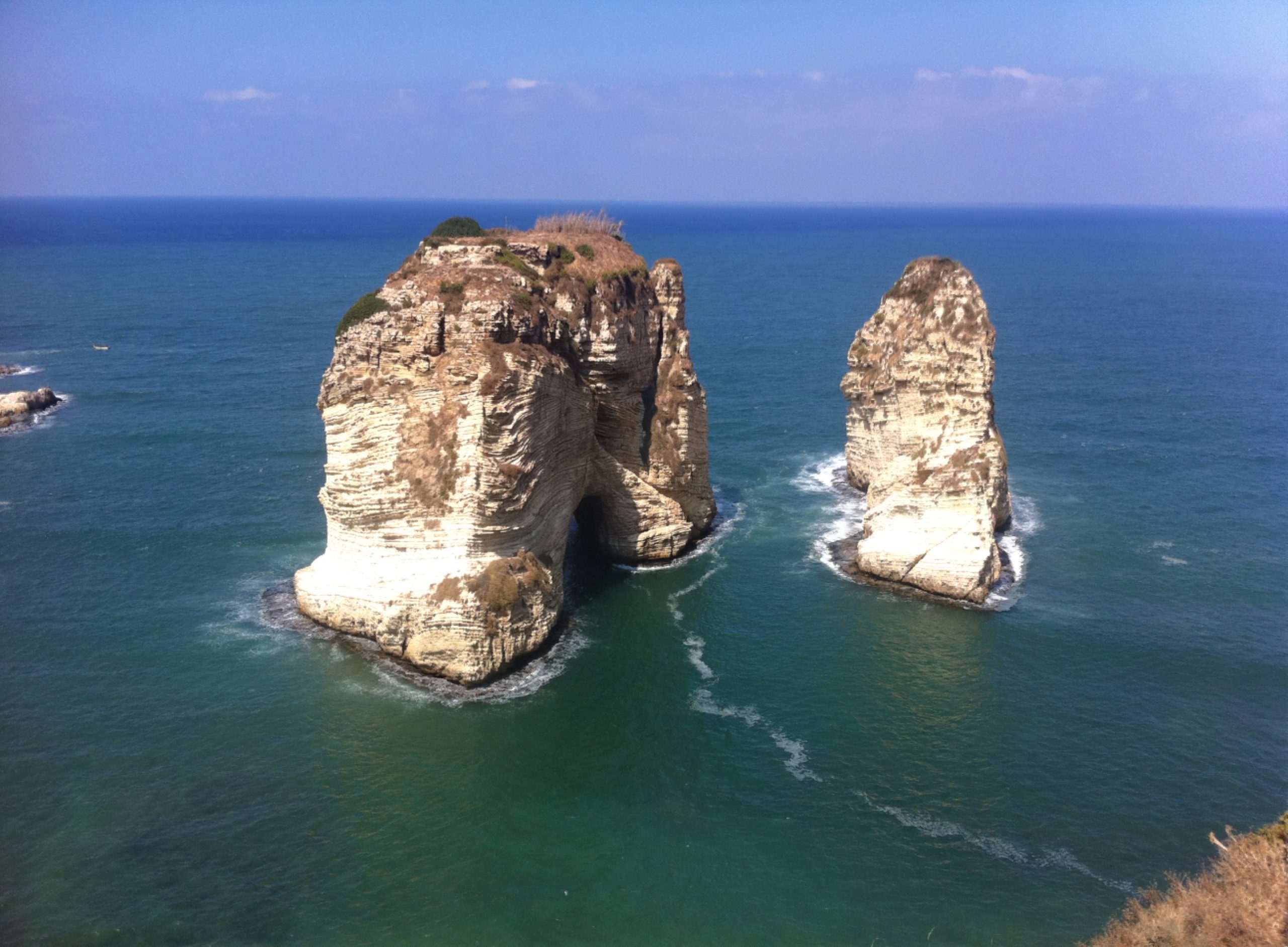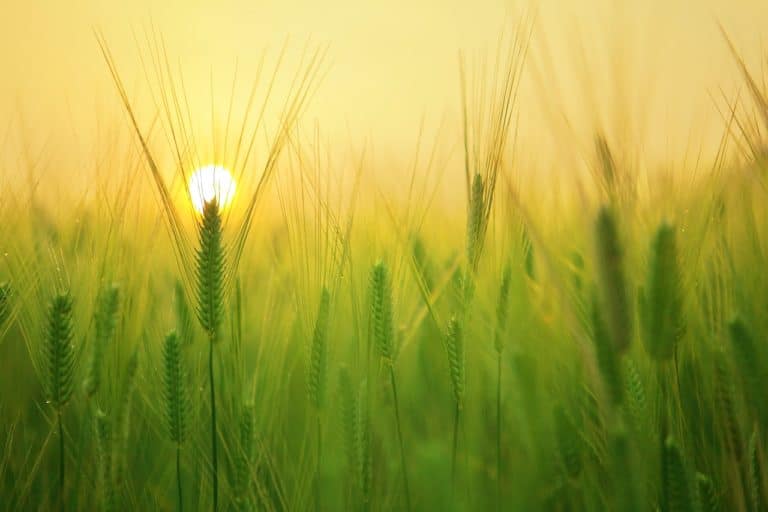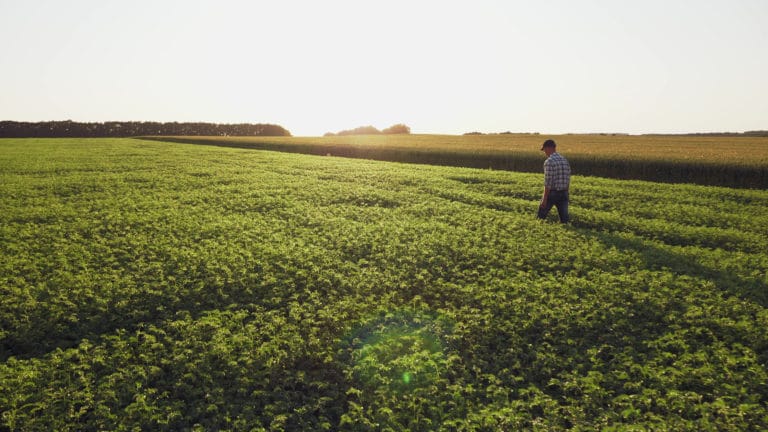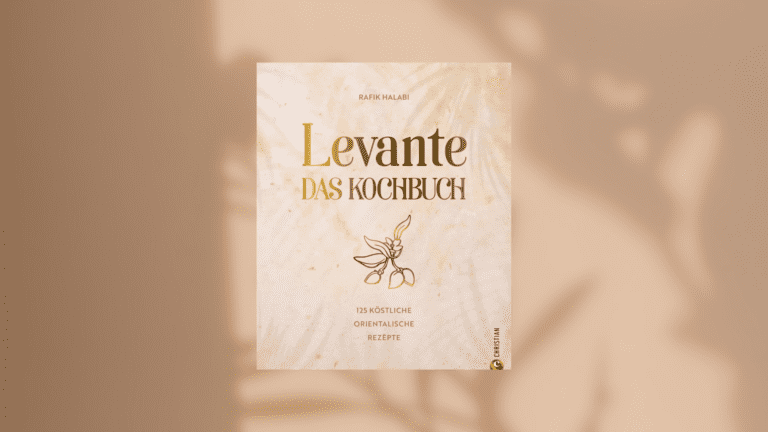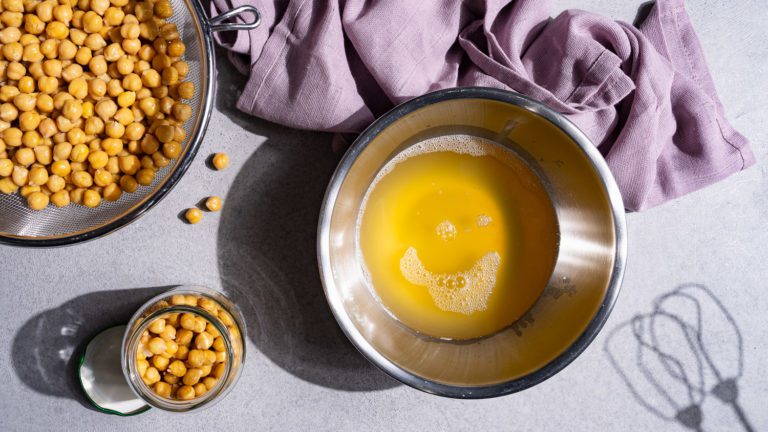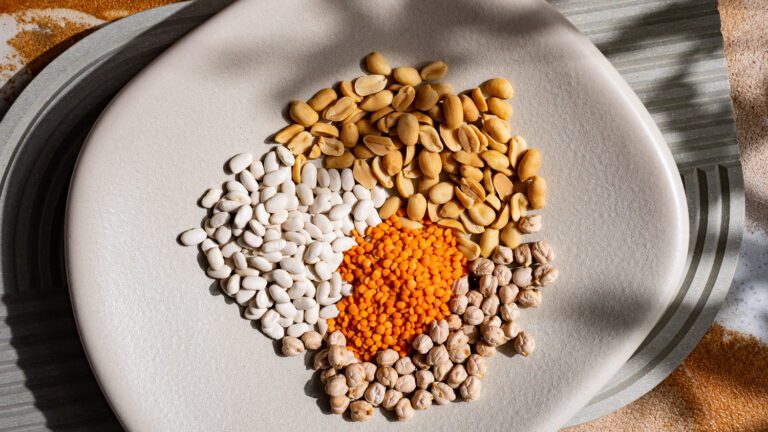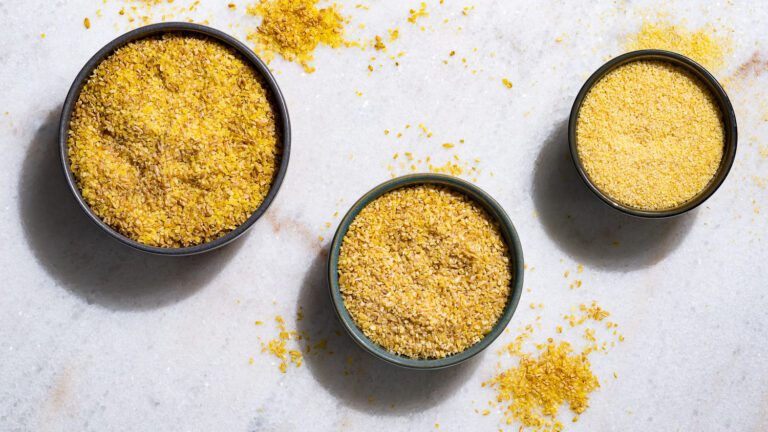The cuisine of the Levant – More than a food trend
Levantine cuisine has been booming for some time now and is considered one of the most exciting food trends in the world. Falafel, hummus and taboulé are some of the best known dishes of Levantine cuisine – but where that comes from, there is so much more to discover and enjoy! And the great thing is: Super many recipes are vegetarian or even vegan and require only a few ingredients. So if you want less meat on your plate, but still want the full enjoyment, Levantine cuisine is the place to be!
What is the Levant? The sun rises in the east …
I grew up with Levantine cuisine. I’m very happy about that and I’m looking forward to spreading the taste of the Levant and my family’s recipes to the world with my blog. But let’s start from the beginning.
Levant means a region on the eastern Mediterranean Sea. The term Levant comes from the Latin levante or the Middle French levant and means something like “East” and “Orient”. The term is derived from levare, by which the Romans meant sunrise. The Romans then referred to all lands east of Italy on the Mediterranean as the Levant, but especially the Middle East.
I was born in Beirut in the 80s. Lebanon is considered part of the Levant, but it also includes Israel, Palestine, Syria, Jordan and even Cyprus. Even though I declare many dishes here on the blog as Lebanese, they or variations of them exist in the other Levantine countries as well. My perspective, however, is Lebanese.
I like the term Levantine cuisine because it means that this region and even beyond (e.g. Egypt and parts of Turkey) are very similar in terms of cuisine and there is a close kinship here. At the table, we are united by much more than we are separated by political borders.
Offshoots and influences
Even in other countries, such as Greece, you can still find offshoots of Levantine cuisine. For example, almost everyone knows mousakka – aubergines and minced meat as a kind of casserole. Even though the famous dish has undergone many changes, its origin can be traced to the Levant through its name. The word Mussaka`a means “the cold one” in Arabic. In the Levant, musaka’a is served cold as aubergines without meat in tomato sauce with chickpeas. Great, isn’t it?
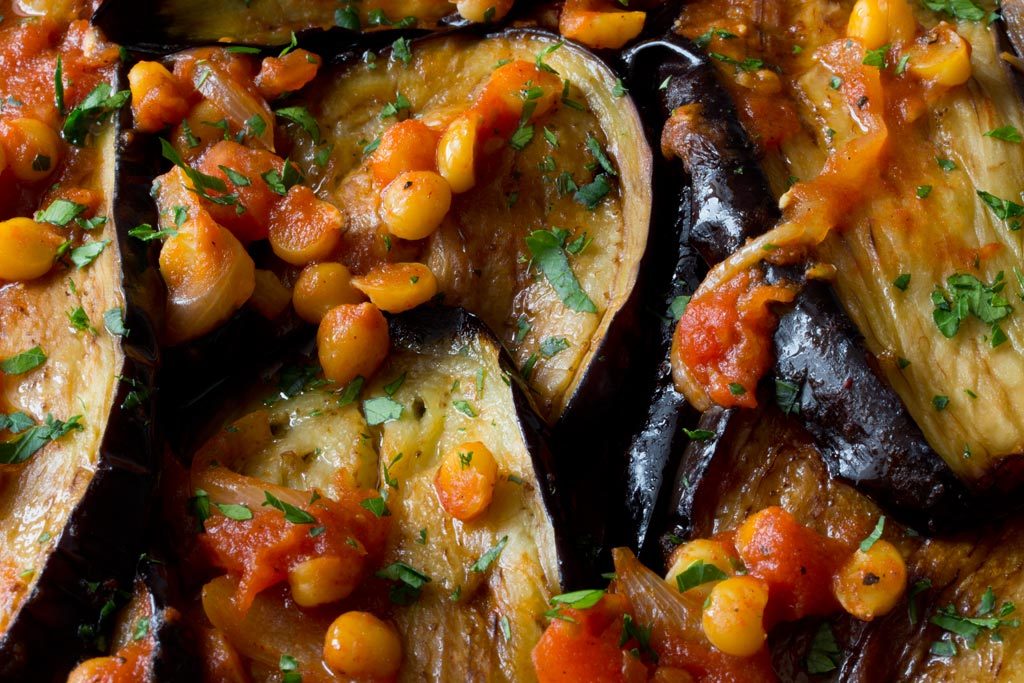
Why does Spain also have a Levant?
In fact, in Spain, the eastern part, that is, the Mediterranean coast, is also called Levante. That is, the coast that makes up the eastern part of the Iberian Peninsula and “faces” the sunrise. Culinary, however, Spain does not belong to the Levant cuisine. However, from the Spanish cuisine we know the mezze principle – there it is called tapas.
What makes the region special?
It may sound a bit strange when I say it like this now, but for me the Levant equals joy of life. Joy in the sunny, warm weather. The Mediterranean Sea and the great beaches. The super varied landscapes from the flat coast to the high, snow-capped mountains.
You can sizzle in the sun on the beach on the same day and ski in the mountains in the evening. The flora is correspondingly varied. From sandy and stony sections, to forests full of pine trees and cedars, to plantations of olive and fruit trees.
And then there is this incomparably great food. Unfortunately, the region is extremely shaken by political discord and wars, but if you get to know the people there, you’ll know what I mean. No matter what happens, they pick themselves up again and try to enjoy life.

What is Levantine cuisine and what makes it tick?
Levantine cuisine has a strong tradition and, like any other cuisine, arose from the needs of the people and the conditions of the region. The food is often simple and consists of only a few ingredients. But what you can conjure up with them in just a few steps ignites an absolute explosion of flavour. So it doesn’t always have to be a big and expensive purchase.
Characteristic ingredients
You’ll find a lot in Levantine cuisine:
- Legumes, especially chickpeas and lentils
- Lots of fresh vegetables (e.g. aubergines, tomatoes, courgettes), often as a snack (cucumbers, peppers) in between meals.
- Lemons, sumac and pomegranate for a great acidity
- Fresh herbs, such as parsley, mint & coriander
- Best olive oil
- Olives
- Tahini
The most common spices are:
Through my experience and passion in Levantine cuisine, I have noticed that what makes the dishes special is often the perfect balance of sweet, fat, salty and sour. Very many dishes are prepared with plenty of olive oil and/or tahini, ripe tomatoes and a good dose of lemon and/or sumac.
Smoky roasted flavors are often added – Baba Ghanoush (eggplant cream) is a perfect example. The eggplant is put on the grill and roasted beautifully on all sides. Then the now smoky flesh is refined with garlic, salt, tahini and lemon.
Even if it sometimes seems like you need a lot of “exotic” ingredients, you can actually get almost all ingredients at the supermarket around the corner. Special ingredients, such as sumac and za’atar, can be easily ordered online or found in oriental or Turkish supermarkets. In general, I recommend visiting the Oriental supermarkets, because you can buy really excellent fruits and vegetables, herbs and spices without having to take out a mortgage.
What are the specialities of Levantine cuisine?
Just take a look around here: In my blog, I specialise in the cuisine of the Levant. So this place is teeming with delicacies from this region. Of course, you should have tried all the recipes, but if you ask me what the world knows about Levantine cuisine, I would say:
- Falafel
- Hummus
- Labneh
- Fattoush
- Baba Ghanoush
- Manakish
- Shawarma (by the way, it even goes vegan!)
- Shakshuka
- Kafta
- Sabich
- Taboulé
- Baklava
- Knefeh
- Mocha
When people ask me what my favourite dish is, I usually answer: a complete mezze.
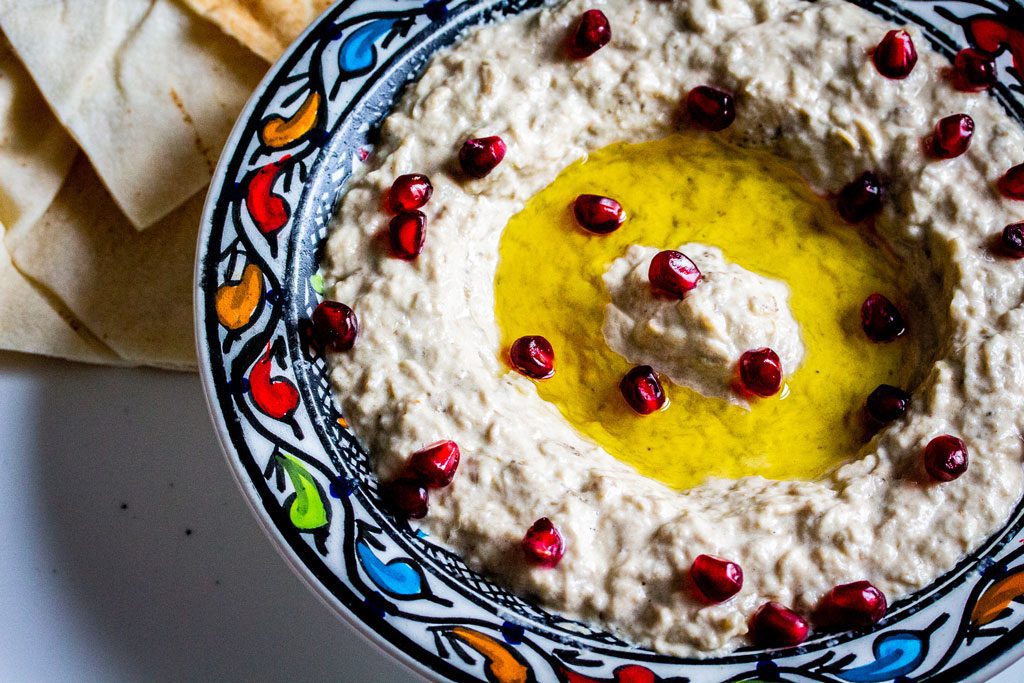
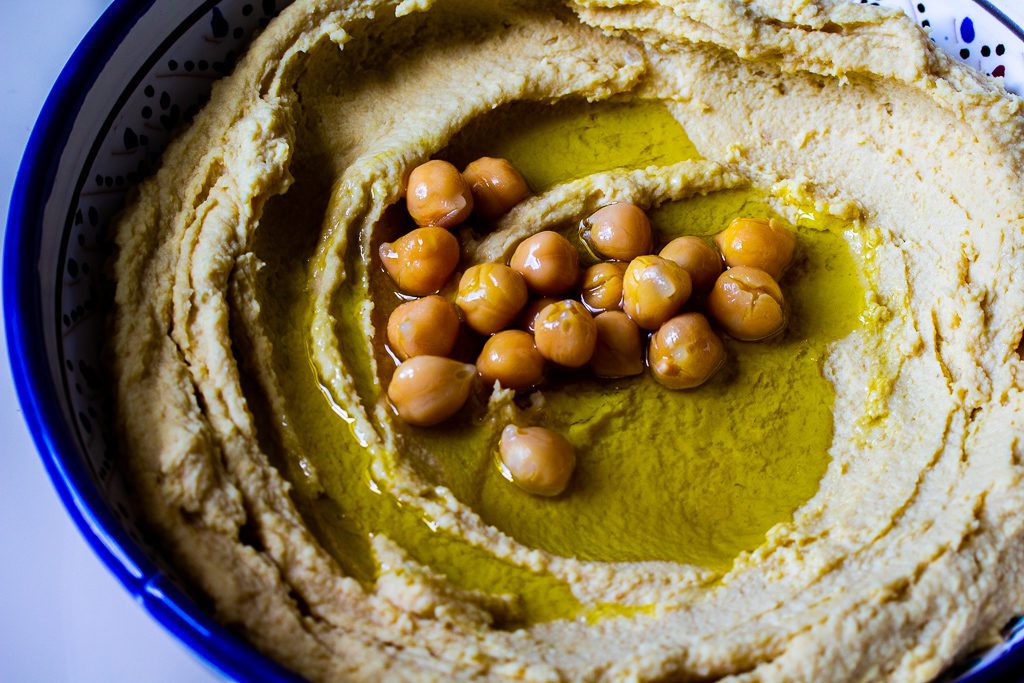
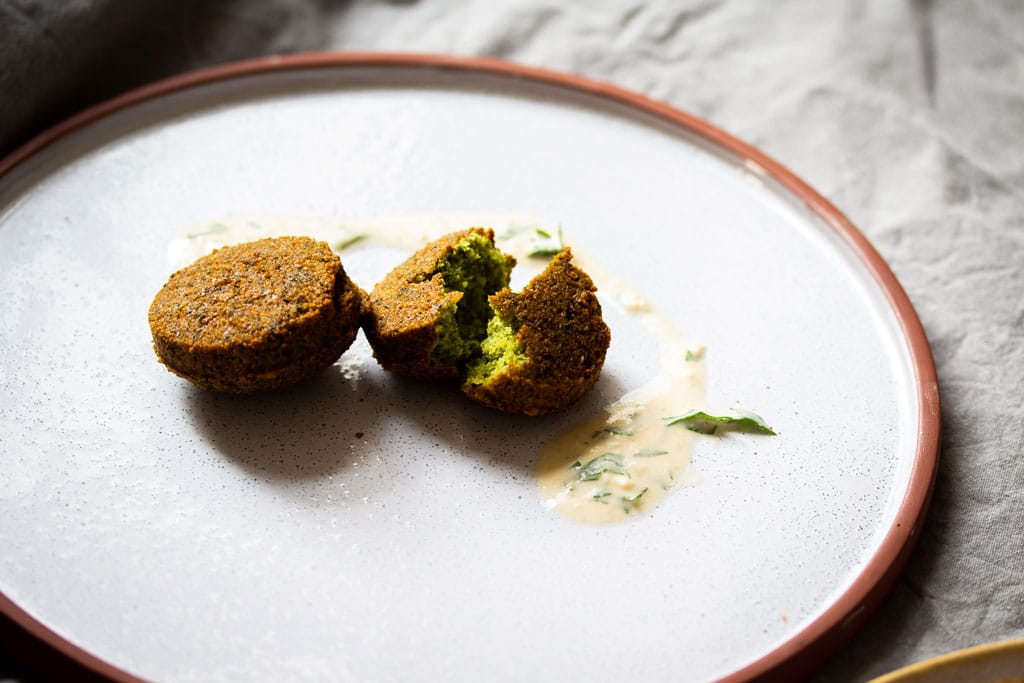
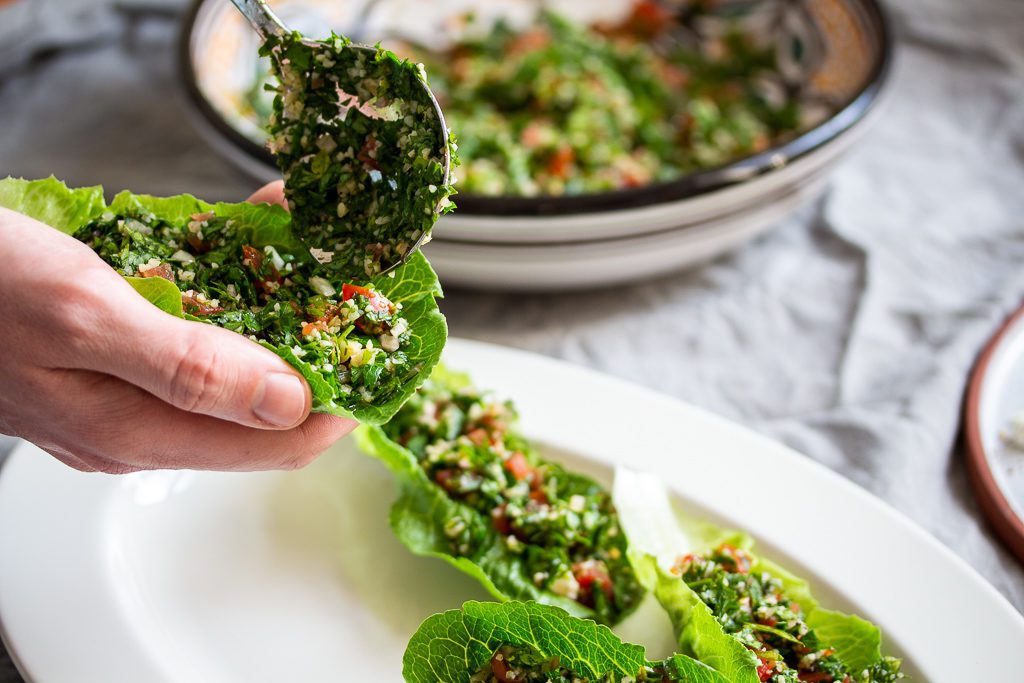
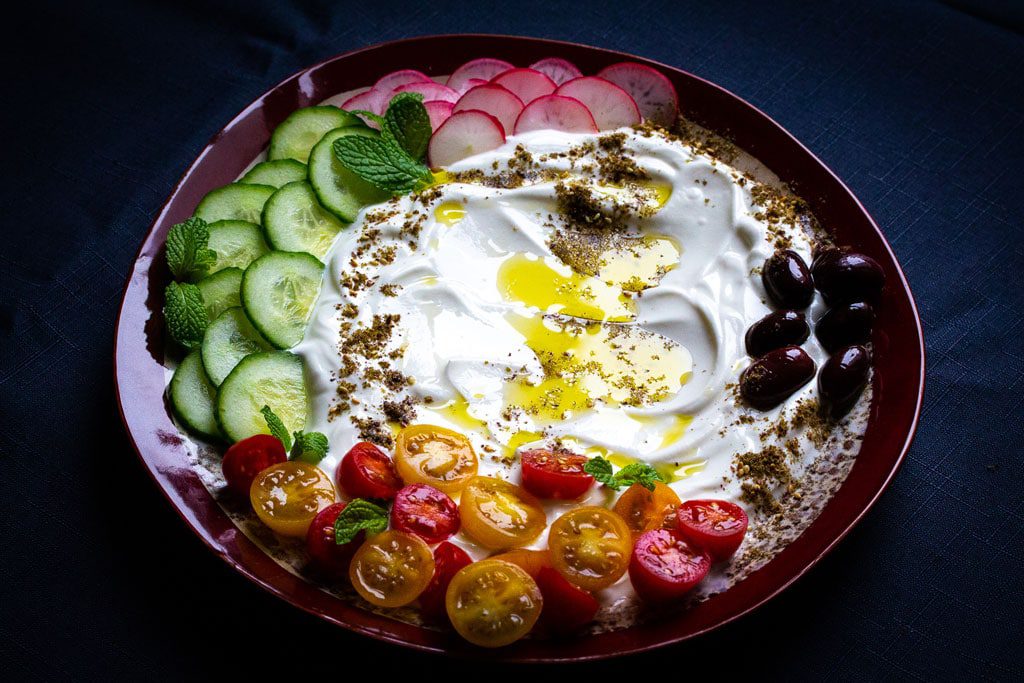
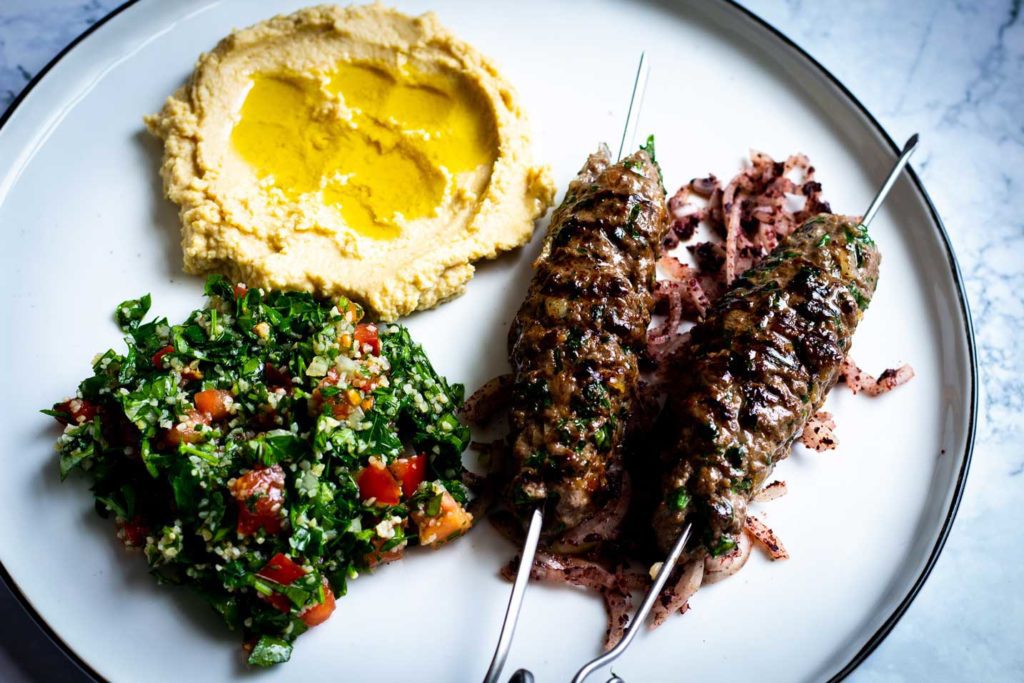
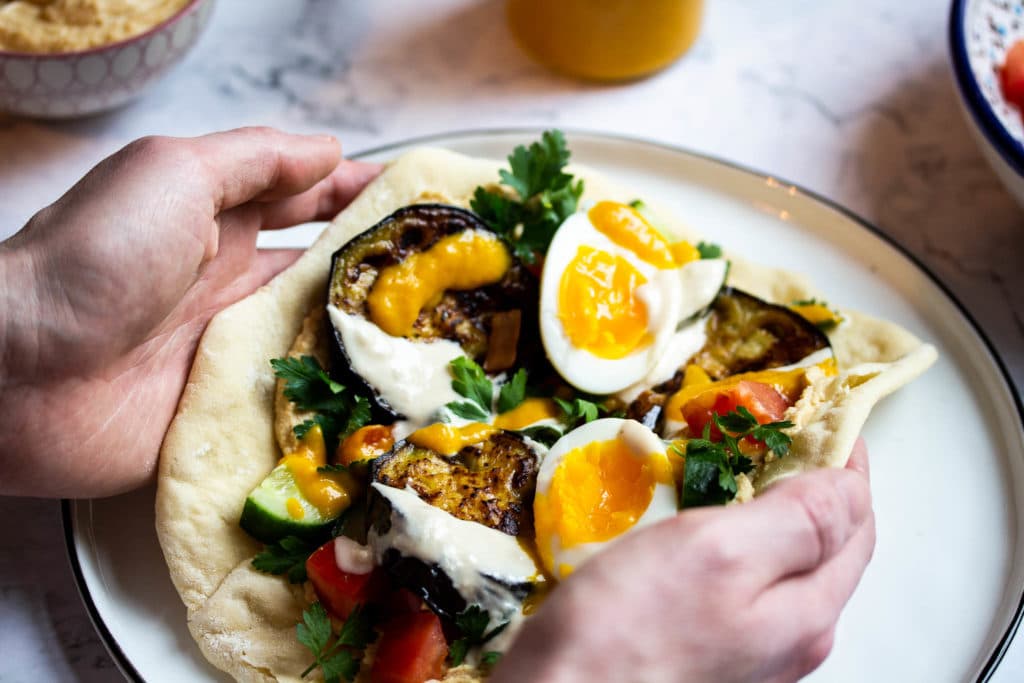
A mezze is the Levantine equivalent of Spanish tapas. So you’re served a whole table full of goodies and can feast from A to Z to your heart’s content. And that you are surrounded by a group of people you love, the mezze for me is not only sociable, but holds unforgettable moments – culinary and human.
In the Levant, by the way, people are also totally into sweets. You’re probably familiar with baklava and the like. However, they prefer fresh fruit much more than cakes, desserts and so on. I mean, you’re right at the source of the most delicious fruits there. So you can never go wrong with a rich fruit platter.
The typical fruit varieties of the Levant include:
- Melons (watermelon, honeydew melon – anything called melon)
- Figs (preferably freshly picked from the tree)
- Prickly pears
- Pomegranates
- Apricots
- Citrus fruits
- Dates
- Nectarines
- Peaches
- Grapes (even as great wine!)
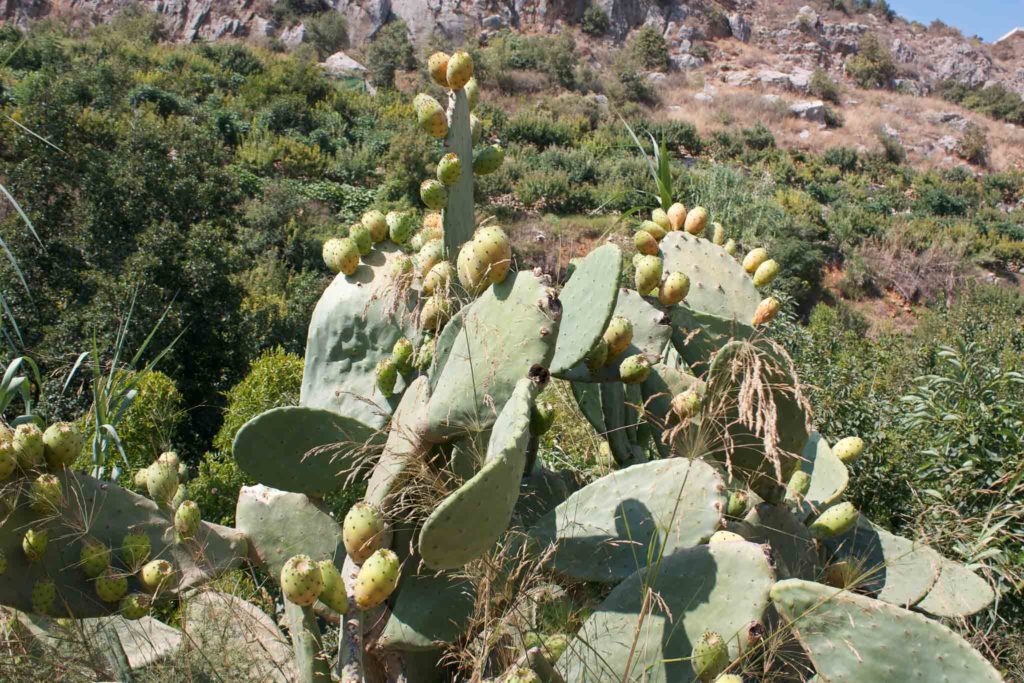
As you can see, you can get all this at your local supermarket.
What people in the Levant also like to nibble on are nuts and seeds! Freshly roasted nuts and seeds are a must when you receive visitors. Often people also bring each other delicious nibbles from the neighborhood roastery.
The tradition of roasting is actually still very much alive in the Levant. If you want to buy coffee, nuts or seeds, you buy them fresh from the roastery. The smell alone in such a roastery is beguiling. So if you are ever in the Levant, you should definitely visit a roastery!
Why is Levantine cuisine all the rage?
Well, if only I knew exactly. I rather wonder why Levantine cuisine is only now really taking off. On the one hand, I think it’s because people are generally experimenting more and, due to increasing globalisation, it’s also very easy to get hold of certain ingredients that simply weren’t available a few years ago.
Another reason, besides the fantastic taste of course, is certainly the vegetarian and vegan movement. Although there are some meat dishes (especially at the BBQ) in Levant, most dishes are completely meat-free. Because of the protein-rich legumes, the food in Levant is rich even without meat. The beauty is that many dishes are simply vegetarian or even vegan by default.
Whatever the reason, I think it’s a fantastic development and I’m thrilled to be able to pass on this delicious, simple and healthy cuisine to you and inspire you.
If you have any questions about the Levant and Levantine cuisine, feel free to write in the comments or send me an email.
First of all, I wish you lots of fun discovering the delicious recipes and of course enjoying them.
